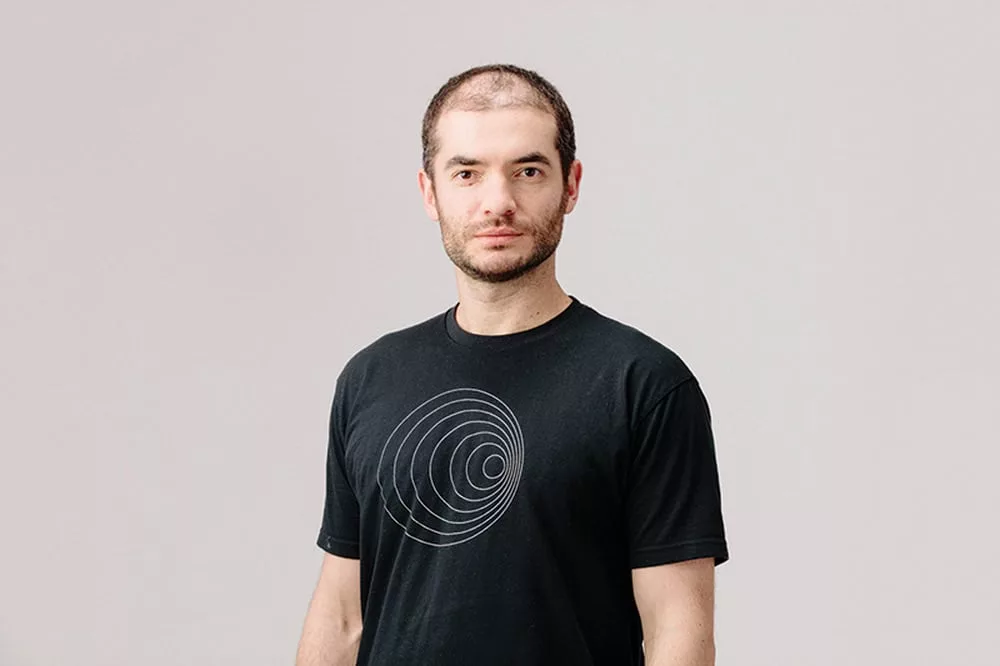Ilya Sotskior, one of the founders of OpenAI, recently talked about the future of artificial intelligence in his speech. He says that the current way of training and developing artificial intelligence has reached the end of the road. According to him, the artificial super-intelligence that will arrive in the future has unpredictable performance.
According to The Verge, Ilya Sotskior spoke on a wide range of topics at the annual artificial intelligence conference NeurIPS. Speaking to a group of AI researchers, the former chief scientist of OpenAI said:
“We’ve reached peak data and we have to deal with the data we have. “There is only one Internet… Pre-education as we know it will undoubtedly come to an end.”
Pre-training is the first stage of developing artificial intelligence models. In this step, the linguistic model learns large patterns from large amounts of data available on the Internet, books, and other sources.
OpenAI co-founder comments on the future of artificial intelligence
In his speech, Ilya Sotskior said that he believes that the available data can still advance the development of artificial intelligence; Because the industry is exploiting new data for training, but ultimately the way models are trained will change. He compared the current situation to fossil fuels: just as oil is a finite resource, the Internet is a finite amount of human-generated content.
He predicted that the next generation models will become agents. Agent is one of the important terms in the world of artificial intelligence. In his speech, Suteskier did not provide a definition of agents, but an agent is usually defined as an autonomous artificial intelligence system that performs tasks, makes decisions, and interacts with software on its own.
He said that in addition to being “agents”, future systems will also be able to reason. Unlike today’s artificial intelligence, which mostly responds based on what it has already learned, AI systems can do things step by step in a way that is more like independent thinking.
The more the system argues, “the more unpredictable it becomes,” according to Sotskiur. He compared the unpredictability of “true reasoning systems” to how advanced AIs play chess and human players cannot guess their moves.
RCO NEWS















